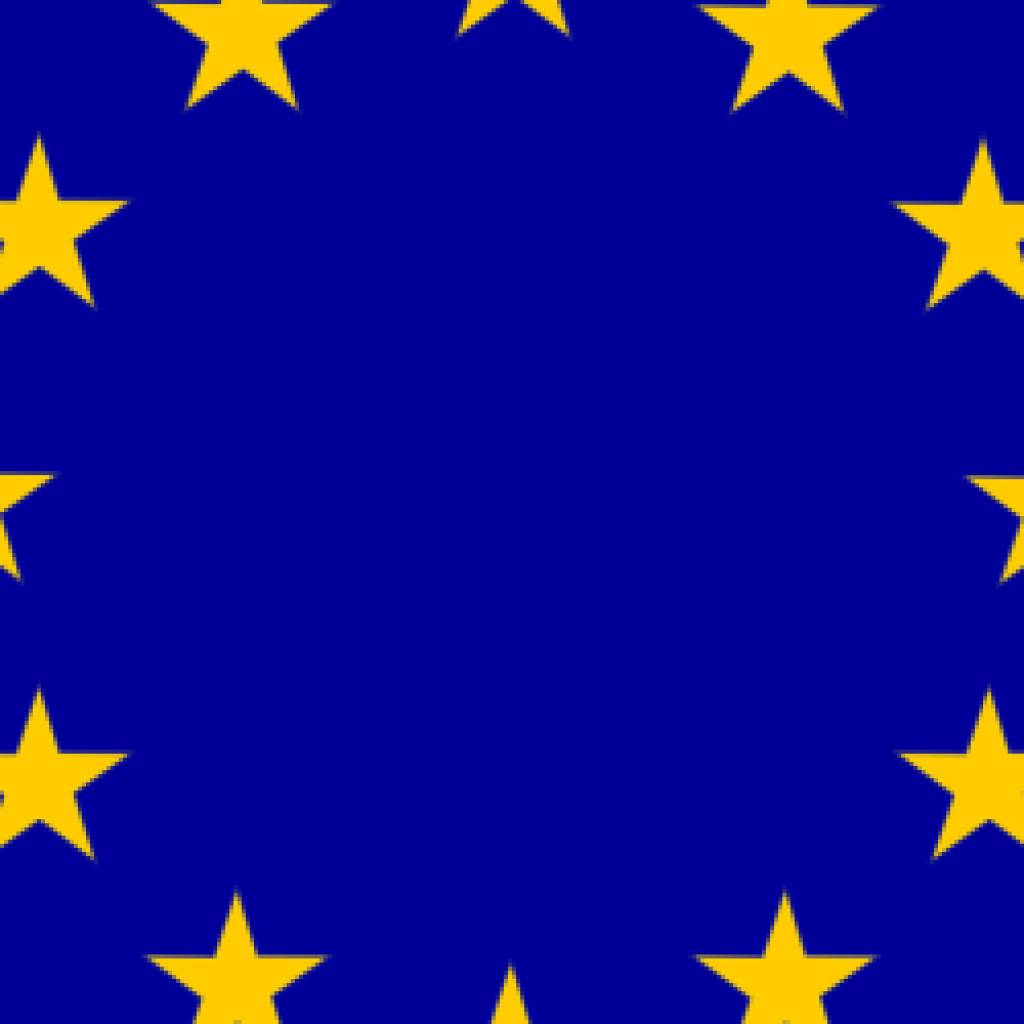(EU.ScienceBusiness) EU member state officials say European Commission is divided on loaded question of excluding close EU partners UK and Israel from quantum and space research – and voice concerns at how the row is delaying rollout of Horizon Europe.
Member state officials report feeling increasingly concerned by the delay to the start of the EU’s €95.5 billion research programme and are calling for the European Commission to quickly resolve the row over foreign access to EU research projects.
EU member states are generally concerned that these curbs will damage relationships with the longstanding partners. A group of states, led by Germany, have written to the Commission, arguing that its proposal to exclude close EU partners from projects “would result in mistrust among the scientific community and minimise the added value of Horizon Europe for the EU significantly”.
Following a recent meeting, an EU diplomat said it was unacceptable to hold up the launch of Horizon Europe any longer over the fractious issue. The research scheme ‘soft launched’ in February but no project calls have yet been made.
Others argue that the Commission risks harming the very research fields – like quantum – it is desperate to see its researchers develop prowess in.
The League of European Research Universities secretary-general, Kurt Deketelaere, gave voice to this feeling last week when he tweeted that the proposal to exclude partners like Israel and the UK from quantum would “kill your own R&I programme, before it even started.”
Critics warn against a creeping EU protectionism that could damage cooperation with trusted partners. German MEP Niklas Nienass, spokesman on space for the European Parliament’s Greens group, told Science|Business in March that the proposed curbs go too far. “To exclude these countries right across quantum and space projects would be insane,” he said. Quantum scientists across Europe have also come out strongly against the proposed curbs for non-EU scientists.
EU Officials Say European Commission Divided on Excluding UK and Israel from Quantum & Space Research
